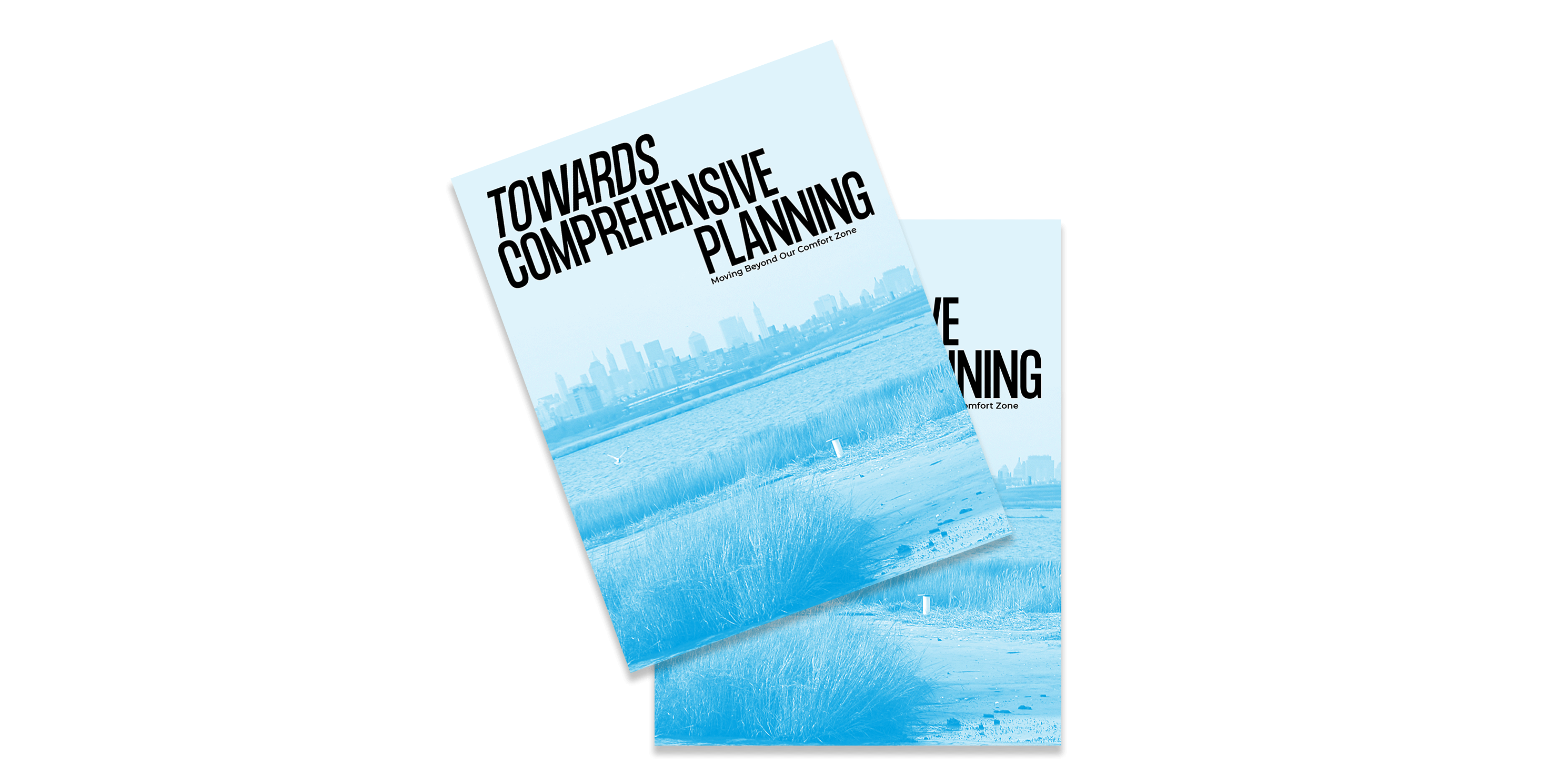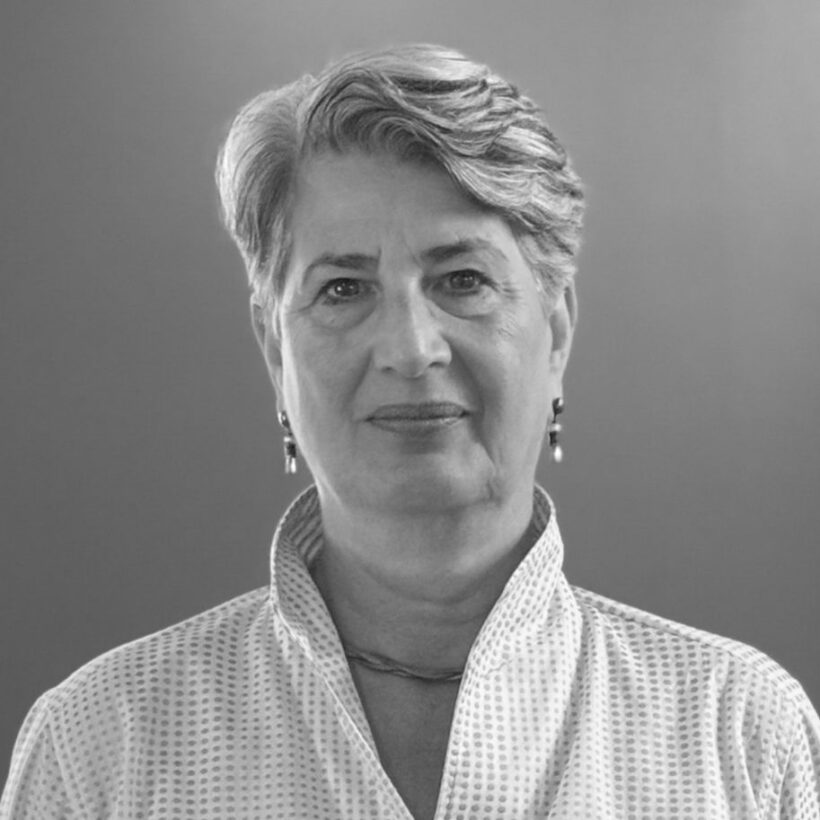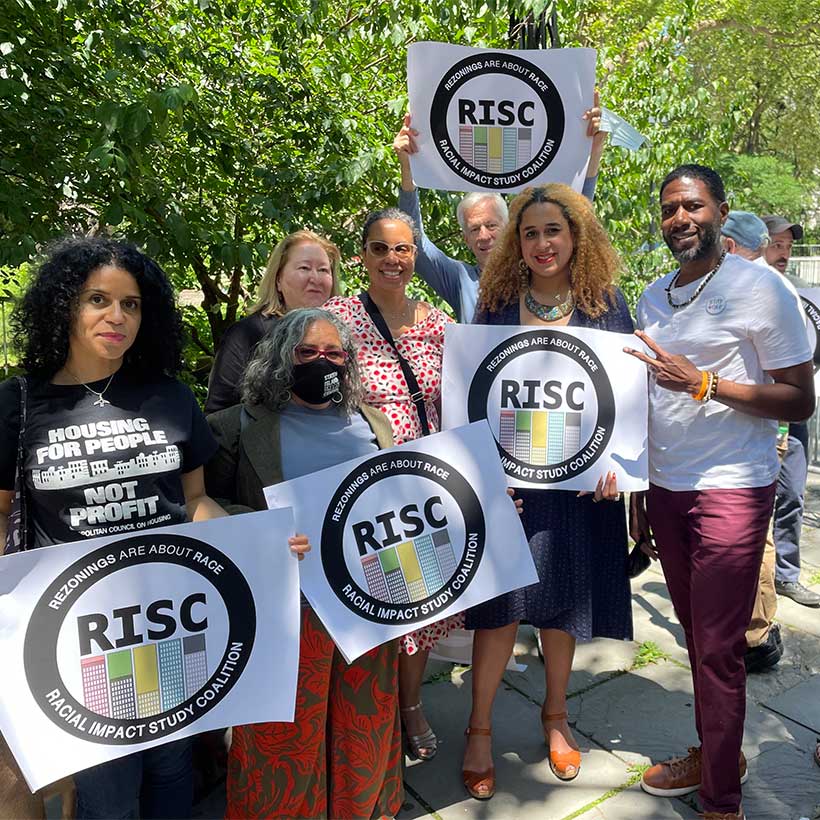Towards Comprehensive Planning: Moving Beyond Our Comfort Zone
Recommendations for New York City to advance a collaborative, community-based comprehensive planning framework
Towards Comprehensive Planning: Moving Beyond Our Comfort Zone examines how a comprehensive plan can be a vehicle for confronting and rectifying past inequities while combating the challenges we face today. This policy brief frames the debate by defining comprehensive planning, articulating why New York City needs to embrace comprehensive planning at this pivotal moment, providing an overview of lessons learned from other cities, and presenting recommendations the City must take to move New York City towards a comprehensive planning framework.
Learn more about our advocacy initiative Towards Comprehensive Planning >
Download Report
LEARNING FROM PEER CITIES
We must overcome the age-old argument that New York City is too large to undergo a comprehensive, community-based planning process. MAS believes that New York City should learn from other cities’ comprehensive planning frameworks and community engagement efforts.
The brief takes direction from global cities like Los Angeles, Vancouver, and London to help demonstrate civic leadership, giving communities a seat at the table, and translating planning into actionable initiatives, investments, and implementation.
CALL TO ACTION
Several steps can be taken immediately to advance comprehensive planning in New York City:
-
- Convene a City Charter Revision Commission focusing on comprehensive planning, equity, ULURP, and civic engagement.
- Strengthen partnerships and engagement between new political leaders and Community Boards concerning long-term citywide comprehensive planning to build trust and promote collaboration in the land use process.
- Provide increased funding and resources for all Community Boards and Borough President Offices in the next budget process in order to fully engage in community-based planning.
- Utilize the Equitable Development Data Tool for proactive community planning purposes to identify and invest in rectifying disparities in historically underrepresented neighborhoods concerning access to affordable housing, parks and open space, schools, and transit.
- Implement Intro. 1620-A in coordination with existing City policies and plans based on robust community outreach to fully address the consequences of climate change.
- Identify and prioritize solutions that help facilitate a comprehensive planning framework that creates a shared, action-oriented citywide vision balancing community and citywide needs.
New York City can no longer maintain the status quo. The steps outlined above are critical for improving the City’s current land use and planning approach. Interrelated challenges such as climate change, affordable housing, school capacity, access to transit, and economic inequities must be addressed through community-based, comprehensive planning if we are to achieve a more livable city.

